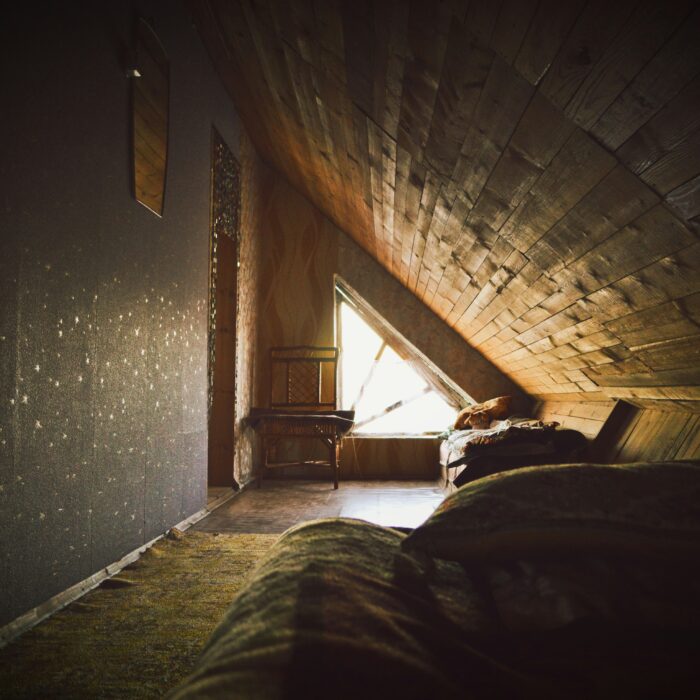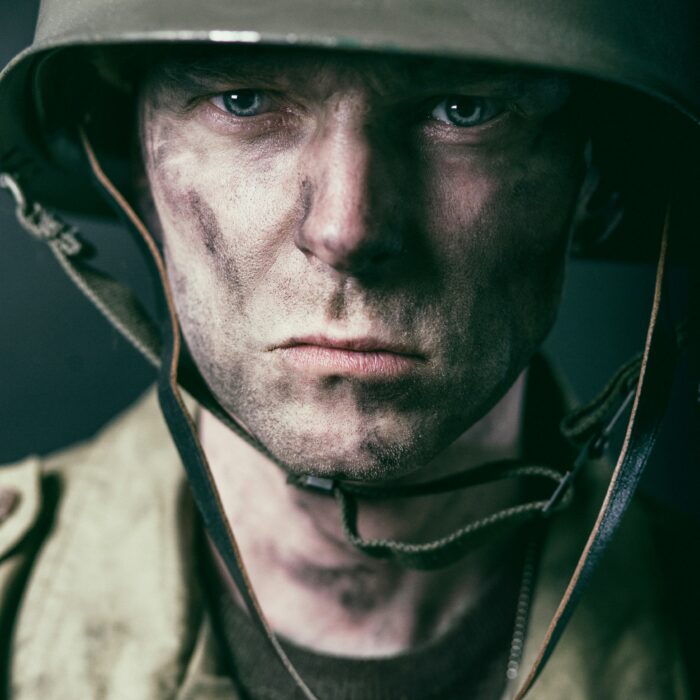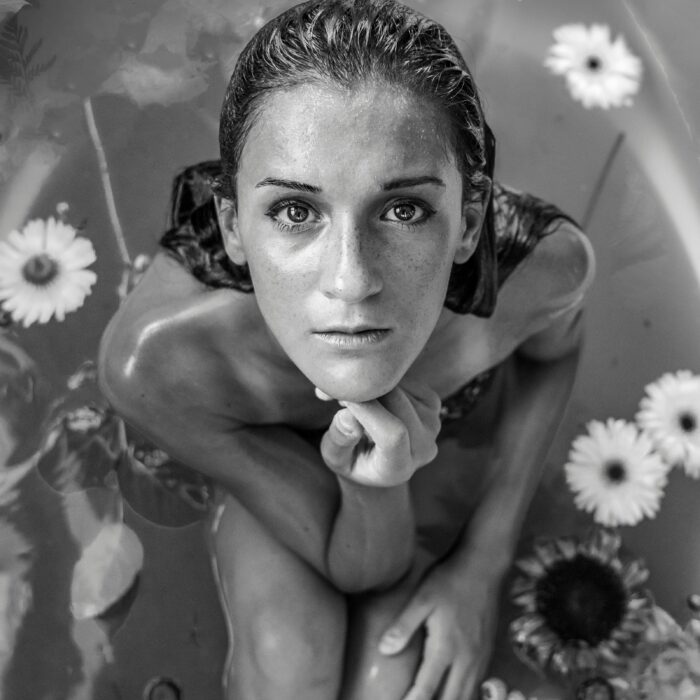You have no items in your cart. Want to get some nice things?
Go shoppingAfter they remove her windpipe all they have is three hours. Three hours to gently dissemble her and transfer her organs to other bodies. They have to remove my wife’s windpipe first, they’ve told me, to get proper access.

Soon we’ll have to leave the room where she’s being kept alive, the boy and I, to let them get on with the process — as agreed. There’ll be a flurry: phone calls, immediate journeys made by candidates for her body parts. They’re in prime condition — apart from that poor, imploded heart of course.
The boy’s fist rests inside my palm like a conker — small and smooth. Except when he wriggles his fingers and I feel the sharp edge of his nails.
Sometimes a heart just stops. Full stop. Like a tired child who sits down in the road and refuses to walk any further, despite the rain and the cold and all the other good reasons to keep on walking.
I look at her. She’s laid out in neat pre-goodbye pose amidst white noise from the machines that keeps her ribcage rising and falling.
She used curl up close to me in the early hours of the morning, unable to shut out the sounds, the creaks and turns of her internal machinery. The beating of her heart like a hand closing and opening, closing and opening.
“It shouldn’t be exposed like this,” she’d whisper. “We’re supposed to be ignorant. It works best that way.”
They’ve left us sheets of paper, a wooden board and a cup of paint, in case we want to take a handprint. I sit on the bed edge; board with paint-covered paper on my knees, the boy watching. When I lift her limp hand I briefly expect a bounce of tendons, a playful tug of fingers.
There’s too much paint on the sheet. It spills on to my trousers when I slide her hand in and the print that emerges is blotched and uneven. The boy leans across and slaps his hands down on it. When he removes them the tracery of his fingers and palm stands out like a skeleton leaf.
“Time to leave or she won’t last.” I lift him up and give him the paper.
Walking along the corridor, I try to think of time as building blocks; room-within-rooms, reversible units. We never leave the way we entered.
The main door to the hospital closes behind us with a soft intake of air.
As we walk towards the car-park, a memory…
A windy day. Her hair spilling out of her hood; cliffs thrusting long stone-knuckles out to sea.





